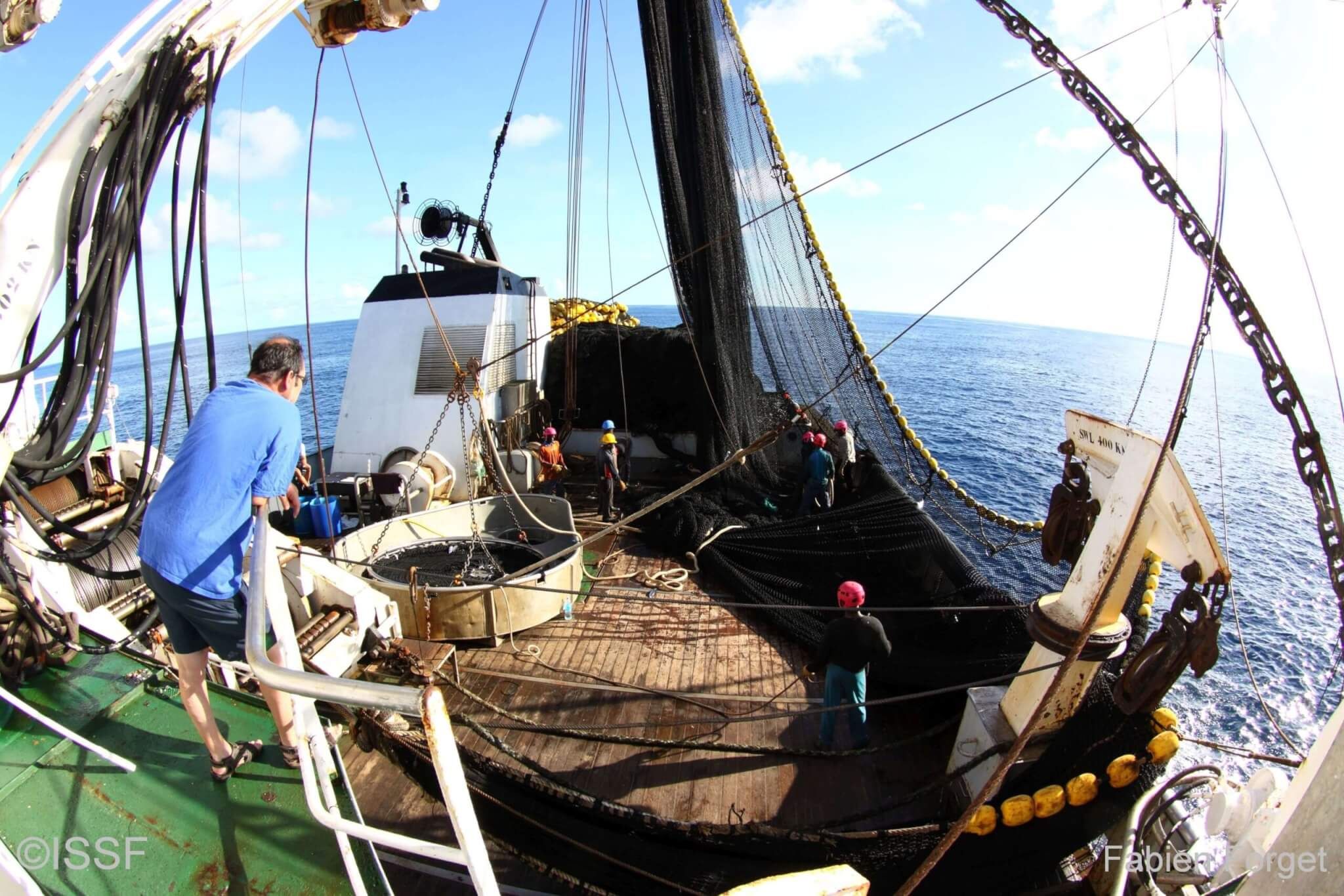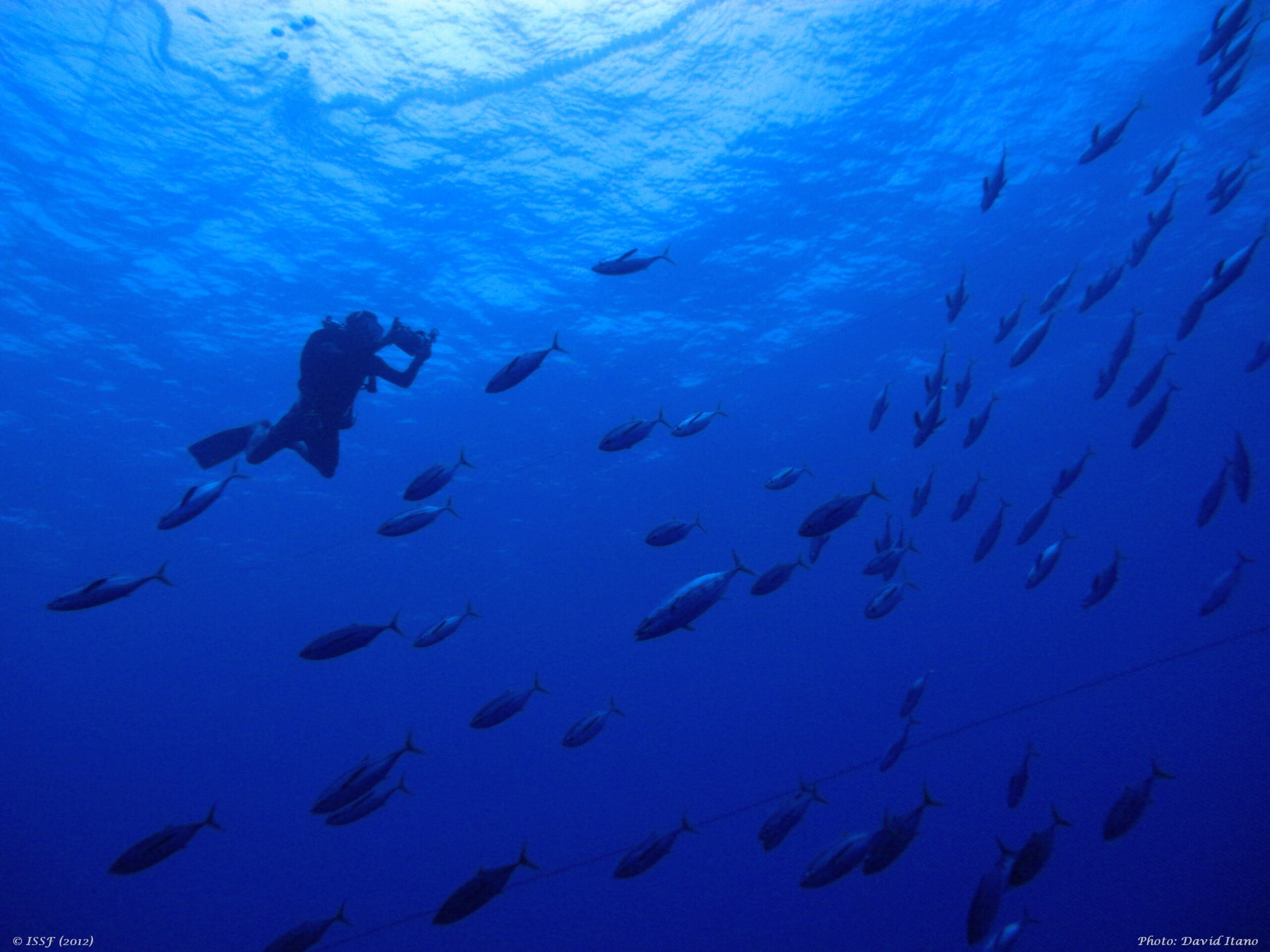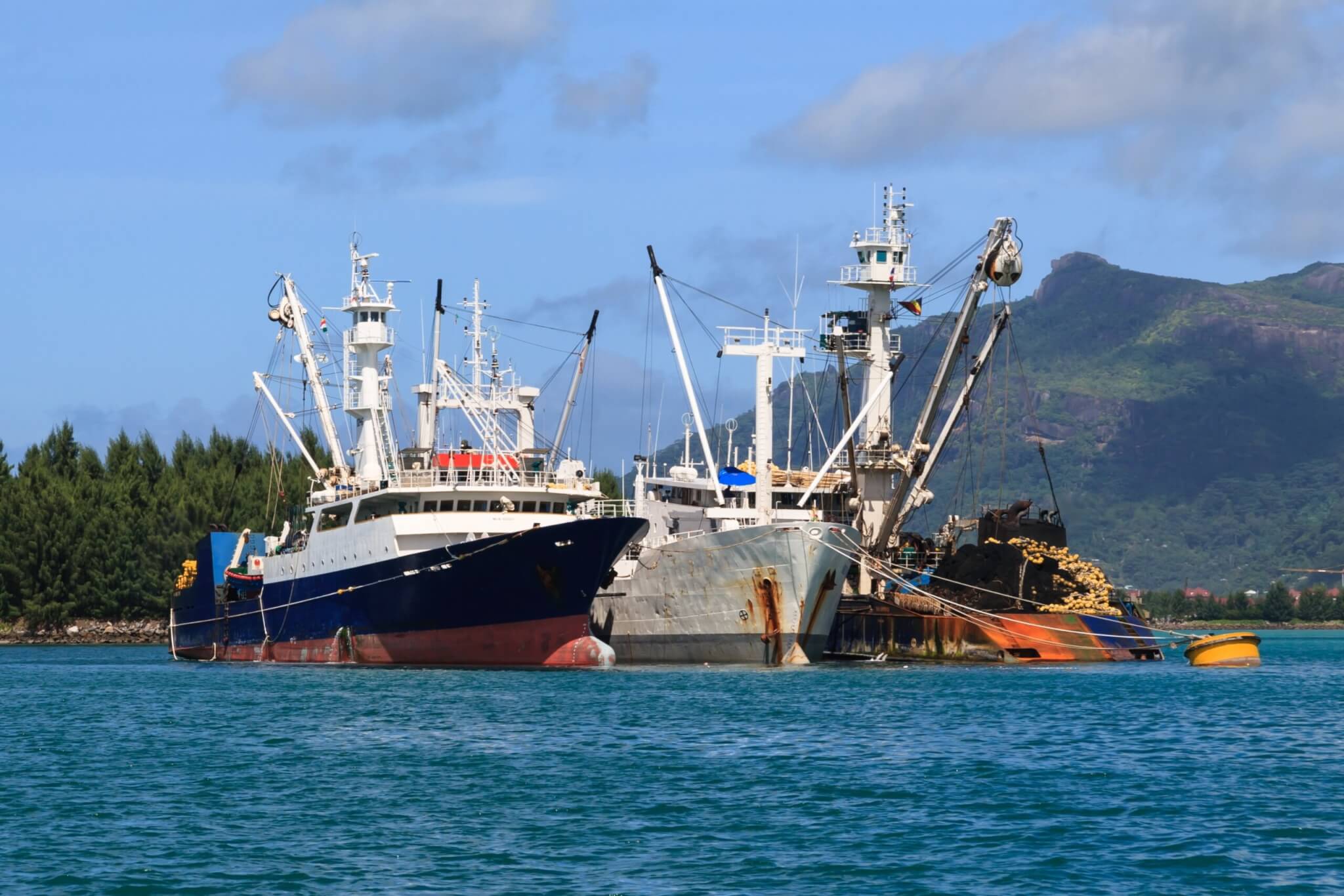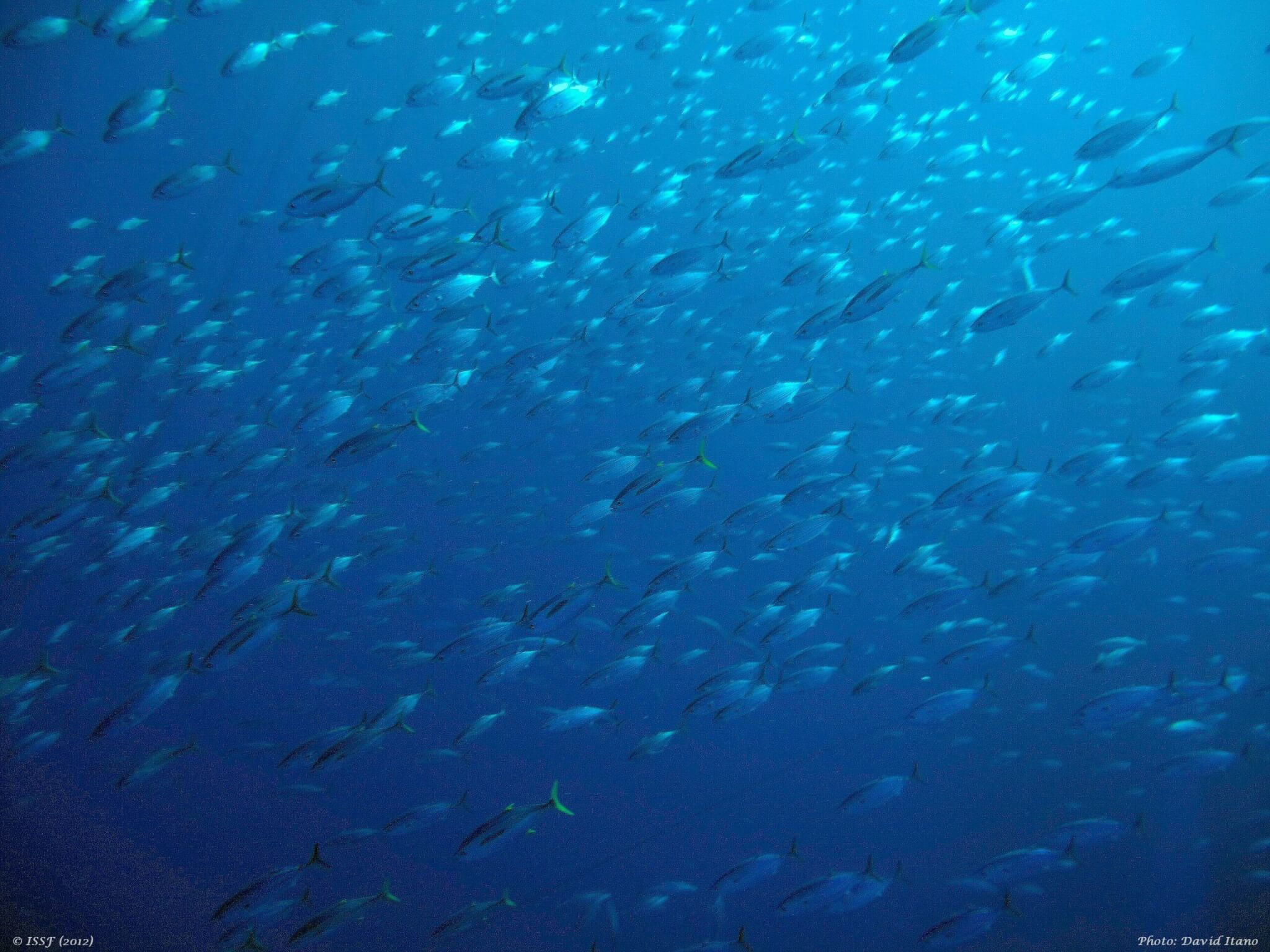ICYMI: Updated ISSF Conservation Measures | Evolving Measures for Sharks, Turtles, Birds + FAD Management
Featured Content
Updated ISSF Conservation Measures
For long-term tuna fisheries sustainability, tuna companies worldwide choose to participate with ISSF, follow responsible fishing practices, and implement science-based conservation measures. From bycatch mitigation to product traceability, ISSF participating companies have committed to conforming to a set of conservation measures and other commitments designed to drive positive change — and to do so transparently through third-party audits.
This year, ISSF announced updates to several conservation measures that impact tuna fishing vessel practices. ISSF President Susan Jackson said: “ISSF continuously evolves our science-based conservation measures that guide seafood companies and tuna fishers to more sustainable practices. The ISSF Board of Directors has adopted changes to three vessel-focused measures that serve to deepen each measure’s impact.
“First, in additionally requiring proof of implementation rather than proof of policy alone for measures on protections for non-target species and shark finning prevention. And second, in making our conservation measure on FAD management policies more robust with the addition of data-reporting provisions.”
Learn more about the updates
Featured Blog
New Recommendations for International Fisheries Bodies Should Boost Compliance with Rules
Regional management organizations and their member countries can do more to reduce illegal fishing and improve transparency.
Read the blog on the Pew Charitable Trusts website
Featured Graphic
A table shows which RFMOs are leaders — that is, following best practices in fishery management — in several categories: IUU Vessel List, Authorized Vessel Record, Compliance Assessment Process, Observer Requirements, Supply & Tender Vessels, VMS, Transshipment, and FAD Management.



